 |
 |
 |
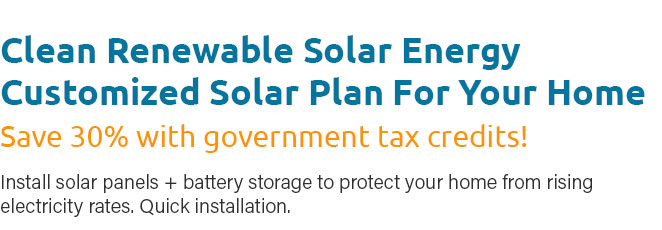 |
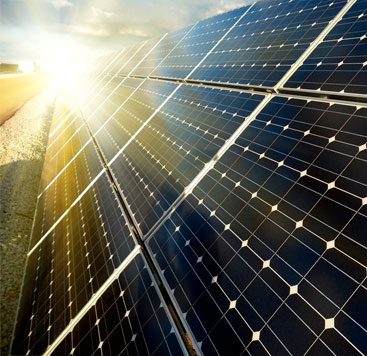 |
 |
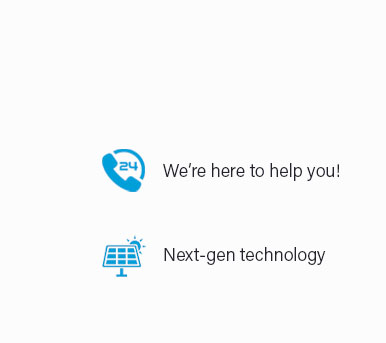 |
 |
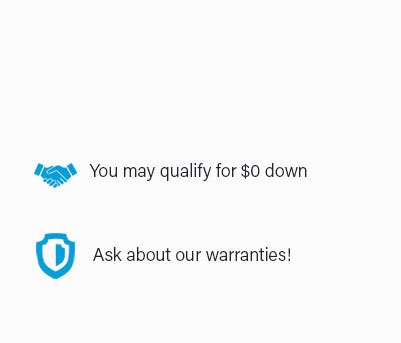 |
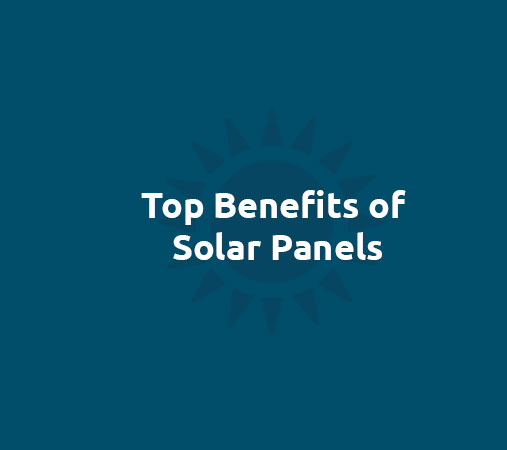 |
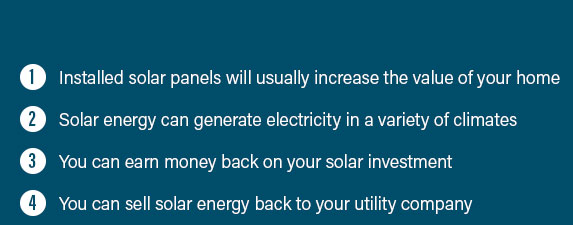 |
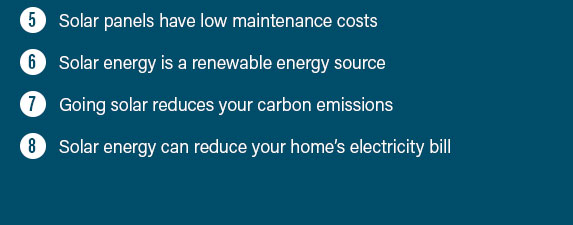 |
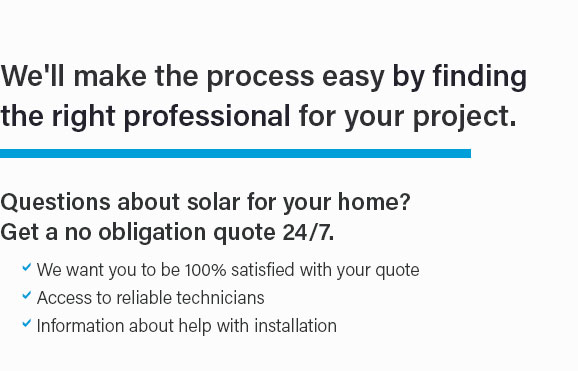 |
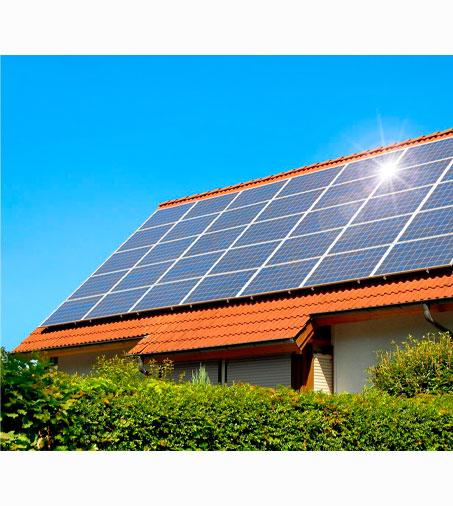 |
|
 |
 |
 |
|
Unlock the power of the sun with our unbeatable solar panel installation quotes tailored for New Jersey homeowners who demand the best-because when it comes to solar panel installation cost NJ, we don’t just compete; we lead, offering precision pricing that maximizes savings while enhancing your home’s energy efficiency; say goodbye to unpredictable energy bills and hello to a sustainable future with our expert team ready to illuminate your path to solar success-because the future of energy is here, and it’s yours for the taking.
https://www.solarreviews.com/solar-panel-cost/new-jersey
As of 2025, the average cost of solar panels in New Jersey is $3.15 per watt, making a typical 7.2 kilowatt (kW) solar system $15,876 after claiming the 30% ... https://www.reddit.com/r/solar/comments/1d59e69/solar_cost_in_nj/
Quote of $23,500 for a 9600 system (about half the panels on SE facing roof, other half on SW facing roof), which comes to ~$2.45 per watt. https://www.energysage.com/local-data/solar-panel-cost/nj/
As of January 2025, the average solar panel system costs $2.57/W including installation in New Jersey. For a 5 kW installation, this comes ...
|